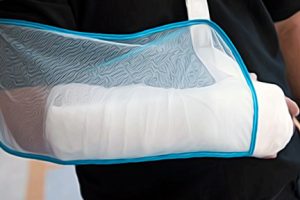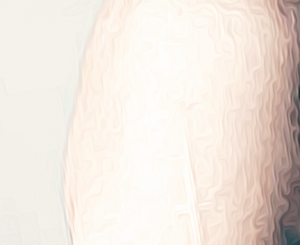 Today, my friend and I found ourselves passing the time at the library while awaiting our bus. With no pressing tasks at hand, I wandered amongst the bookshelves, randomly selecting volumes to peruse. While many of the tomes I encountered were antiquated and somewhat dull, my attention was captured by a book that seemed straight out of a doctor’s office. Its pages were adorned with an array of medical images, offering a glimpse into the world of injuries and procedures. Curiosity piqued, I turned to a random page and began immersing myself in a discourse about various afflictions and interventions concerning the arms.
Today, my friend and I found ourselves passing the time at the library while awaiting our bus. With no pressing tasks at hand, I wandered amongst the bookshelves, randomly selecting volumes to peruse. While many of the tomes I encountered were antiquated and somewhat dull, my attention was captured by a book that seemed straight out of a doctor’s office. Its pages were adorned with an array of medical images, offering a glimpse into the world of injuries and procedures. Curiosity piqued, I turned to a random page and began immersing myself in a discourse about various afflictions and interventions concerning the arms.
Among the wealth of information, one procedure left a lasting impression on me: the distal biceps tendon repair. This surgical intervention is necessitated when the tendon near the elbow suffers a rupture due to an exceptionally forceful contraction of the biceps muscle. The procedure, though sounding quite intense, is typically required for men over the age of 35, particularly those engaged in activities like bodybuilding or physically demanding manual labour. An intriguing aspect I discovered is the time sensitivity associated with this type of tendon tear. Timely medical attention within approximately three weeks is imperative to ensure the feasibility of surgery; delaying treatment can render the procedure significantly more challenging or even unviable. This revelation underscores the importance of promptly addressing arm pain rather than relying on measures like ice packs and rest in hopes of it subsiding.
As I delved further into the book, my understanding expanded to encompass an elbow arthroscopy, a diagnostic procedure used by a shoulder injury specialist based in the Melbourne area to assess joint-related issues. This method entails the insertion of a small camera into the joint, with the resulting images displayed on a monitor. These visuals guide the surgeon’s manipulation of specialised instruments within the joint. The concept of such a procedure does indeed carry a weight of intensity, yet its necessity cannot be denied. The presence of a skilled and amicable surgeon undoubtedly contributes to making the experience more manageable.
In Melbourne, a plethora of highly trained and compassionate medical professionals stand ready to assist patients in their journey towards optimal joint health, exemplifying the commitment of the healthcare community to provide effective and compassionate care.

